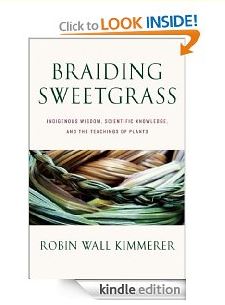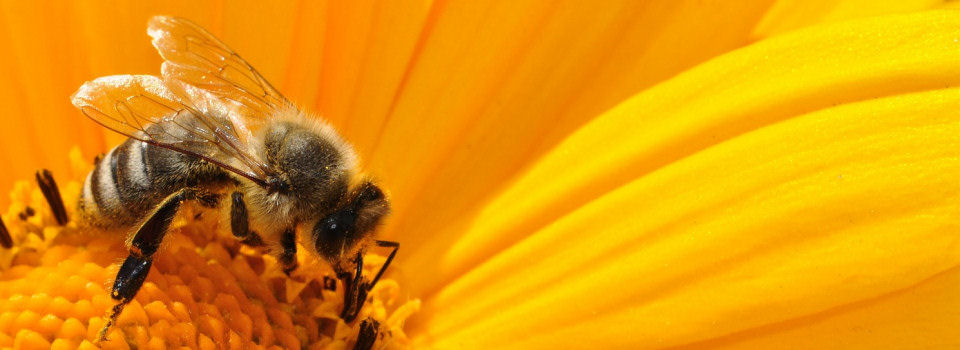Changing Consciousness from Consumerism to Gift-Thinking Awareness
 The Possibility of Deviating from "Ownership" to "Responsibility."
The Possibility of Deviating from "Ownership" to "Responsibility."
I like to diversify my posts a bit, and I thought it would be interesting to share a new, yet old, idea that I came across in a book called Braiding Sweetgrass: Indigenous Wisdom, Scientific Knowledge, and the Teachings of Plants by Robin Wall Kimmerer, a Potawatomi woman, botanist and ecologist. I haven't made it all the way through her book, because it's so full of wisdom and ideas that I enjoy savoring each chapter, reading it, putting it down, absorbing it, and then coming back. It's a slow process, but one I enjoy with good books.
The most recent chapter that I read was, "The Gift of Strawberries." In this chapter Kimmerer discusses the bounty and joy of picking wild strawberries and the gift of fruit. As a child she picked wild strawberries and then gave them to their mother to bake as a special gift for their father. In the chapter she states, "Gifts from the earth or from each other establish a particular relationship, an obligation of sorts to give, to receive, and to reciprocate." The idea that she develops is that the way that an object comes to you, the relationship of how you acquire it, colors how you use and own it. In modern store bought consumerism, objects that are bought do not have an "inherent obligation" to them because the reciprocity ends when you pay for that object. There is no relationship established between the manufacturer and the buyer. However, the author goes on to explain, when the relationship changes, from producer and consumer to giver and receiver, then a bond is created between the two people. In a "gift economy" there is no capital, or collateral. What develops instead is not "something for nothing" but a form of obligation between individuals. The gifts are not free because they come with an obligation to reciprocate by either giving back to the giver, giving the gift to someone else (thus increasing the value), or not asking for "too much" because what you are receiving is a gift.

